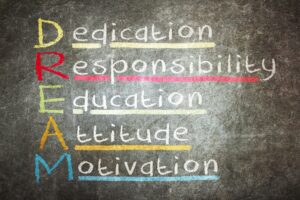Simple Skills for School Success
Summer is coming to a close, which for families means one thing: school is back in session. No more sleeping in until noon, spending…

Summer is coming to a close, which for families means one thing: school is back in session. No more sleeping in until noon, spending…
End of content
End of content
Life’s too short to stay stuck. Request an appointment now.
Would you like to get our monthly resources for mental wellness?
